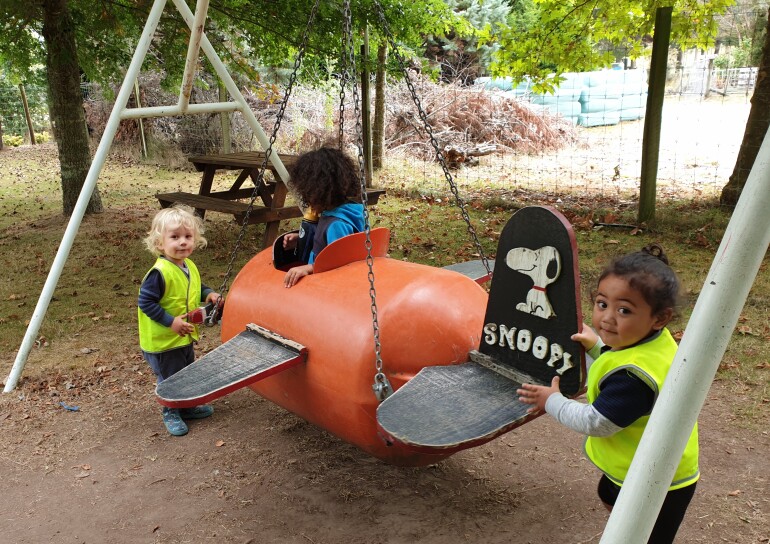News And Events

Managing Risks
12 June 2019At Nurtured at Home, Educators can provide challenging environments for children to test their skills. Providing opportunities for children to hypothesise, problem-solve, and work out how to achieve their goals alongside a supportive adult, enables children to grow their confidence, sense of self, and their sense of wellbeing.
Play has long been acknowledged as an important context for children’s learning and development. Play is a significant aspect of children’s lives, reflecting their social and cultural contexts. Yet in recent decades, as a reflection of our technological society, there has been a steady decline in children’s opportunities for play and particularly outdoor play.
Nurtured at Home Educators look at the opportunities and experiences they offer in their home and community settings to ensure they are giving children the time, space and opportunities to take risks in their play. This allows children to continually test the limits of their physical, intellectual and emotional development. The provision of risk-taking in children’s outdoor play does not mean that safety is ignored. Rather it means that Educators are acutely aware of the hazards and take all necessary steps to ensure that the environment is safe and there is adequate supervision to support physical play.
What is important is how these experiences are scaffolded to allow for the gradual transfer of risk management to children. The notion of finding the balance is central if children are to have the opportunity to experience some risk in their lives. This balance can be achieved when adults respond sensitively to individual patterns of behaviour, to accept and promote children’s abilities to appraise and manage risks as well as their desire for challenge and excitement in their play.
Educators can be vigilant and focused on the child’s activities without jumping straight in to help, and use open-ended questions and comments to guide a child through the process. Through exposure to carefully managed risks, children learn sound judgement in assessing risks themselves, hence building confidence, resilience and self-belief – all qualities that are important for their eventual independence.


